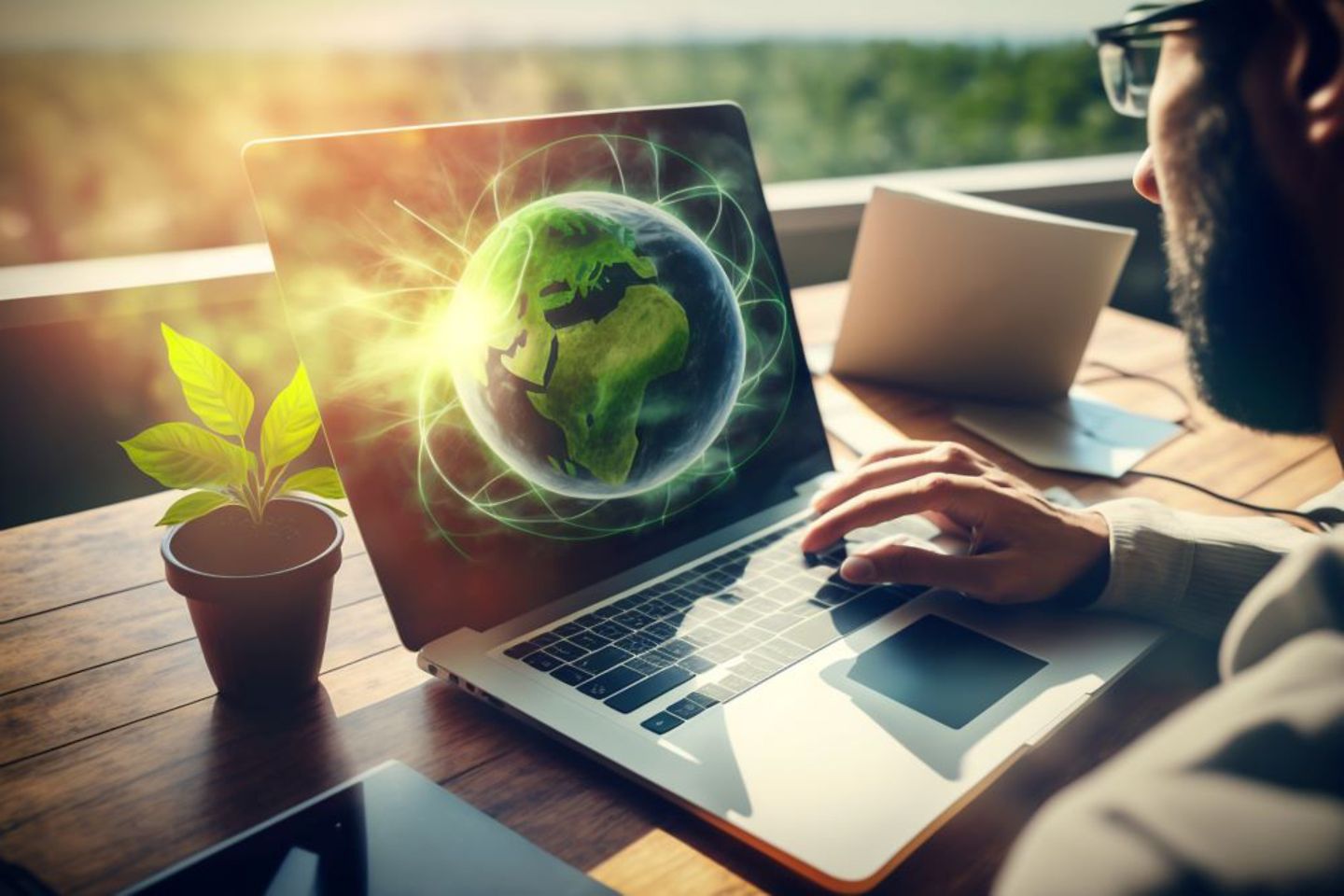
Whether it's adapting existing products and offering customers convenient, digital solutions, or increasingly transforming your own organization into a digital enterprise with efficient processes, the right transformation strategy is crucial for sustainable development. And this requires innovation – because only those who act in a forward-looking manner and actively shape change can still be successful tomorrow.
The digital transformation of your business model offers many opportunities, especially if it is implemented effectively and with the right partners. Building a digital ecosystem enables new revenue models with growth potential, without compromising core processes. Digital technologies automate repetitive tasks and free up employees to focus on developing innovative products. Thanks to transformation, even long-established companies act like start-ups: they develop new services, expand their offering, and secure their competitiveness.
How will your industry change? What products and services will customers be asking for in the future? With the right technologies, digital strategies, and effective innovation management, you not only recognize trends but can also act on them and fill them with content. Thanks to an agile business model that keeps you one step ahead of the change. You can offer products or services that meet customer needs. New touchpoints, payment models, or data-driven insights foster customer proximity and retain customers in the long term.
At T-Systems, we support you on your path to becoming an agile company and help you to transform your business model – regardless of industry, position, or company size. We work closely with partners to analyze your IT environment and create a structured, easy-to-understand transformation road map. From cloud migration to innovative digital solutions, such as those that rely on artificial intelligence, we support your transformation throughout, overcome challenges, and increase value creation.